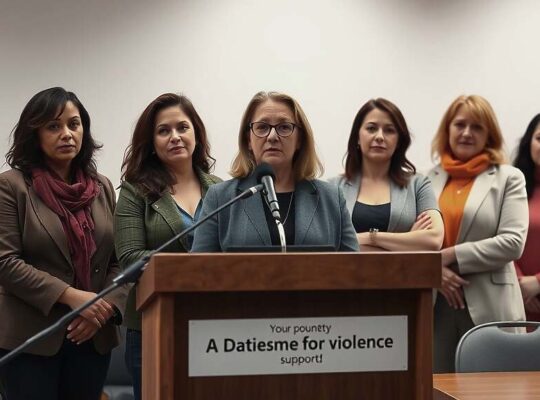A recent report from historians at the University of Trier has unearthed further instances of sexual abuse within the Diocese of Trier, casting a renewed spotlight on the institution’s handling of these deeply troubling cases and raising critical questions about transparency and accountability. The third interim report, released Thursday, specifically examines the tenures of Bishops Reinhard Marx and Stephan Ackermann, revealing a significant number of alleged perpetrators and victims under both administrations.
The investigation identified 21 accused individuals and at least 35 victims during Bishop Marx’s time and 16 accused and 24 victims under Bishop Ackermann. Cumulatively, the research, which spans from 1946 to 2021, has documented 248 accused and 734 victims, a staggering figure indicative of systemic failures. The findings are based on an exhaustive review of 1,279 files and 30 interviews with survivors and witnesses.
While the report acknowledges a decrease in the number of prolific offenders since the era of Bishop Spital and confirms that no new “intensive offender” (someone responsible for ten or more victims) has emerged since 1999, researchers emphasize a critical need for significant improvements in communication with survivors, congregations and the public. The report sharply criticizes the diocese’s haphazard record-keeping practices and the inadequate transfer of information between dioceses, highlighting a lack of coordinated response across the church.
Moreover, the study flags serious concerns regarding the diocese’s personnel management. Researchers found insufficient oversight of transfers, with instances where individuals accused of abuse were reassigned to nursing homes or hospitals. Alarmingly, the report suggests an apparent prioritization of the accused’s welfare over the public’s safety and the protection of vulnerable individuals.
“It’s starkly evident that there was a prolonged absence of standardized procedures, replaced by a case-by-case approach that frequently resulted in a lenient treatment of the accused” stated study author Lena Haase. The acceptance of responsibility for the entire scope of the abuse by Bishop Ackermann marks a shift, but the lingering shortcomings highlight the depth of the challenges the diocese faces.
The research continues through 2026, focusing on cases from 1946 to 1966, signaling a commitment to a deeper excavation of the past. However, the findings underscore the enduring need for structural reform and a fundamental re-evaluation of the Diocese of Trier’s ethical and legal responsibilities to the victims and the broader community. The ongoing investigation risks exposing further uncomfortable truths and will be closely scrutinized for how it informs future preventative measures and holds accountable those who enabled a culture that facilitated abuse.












